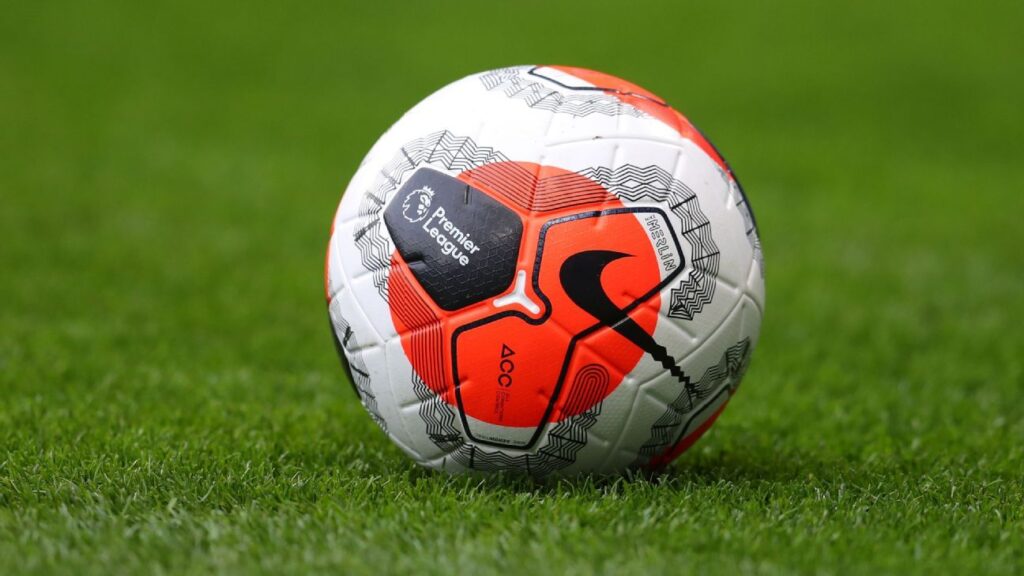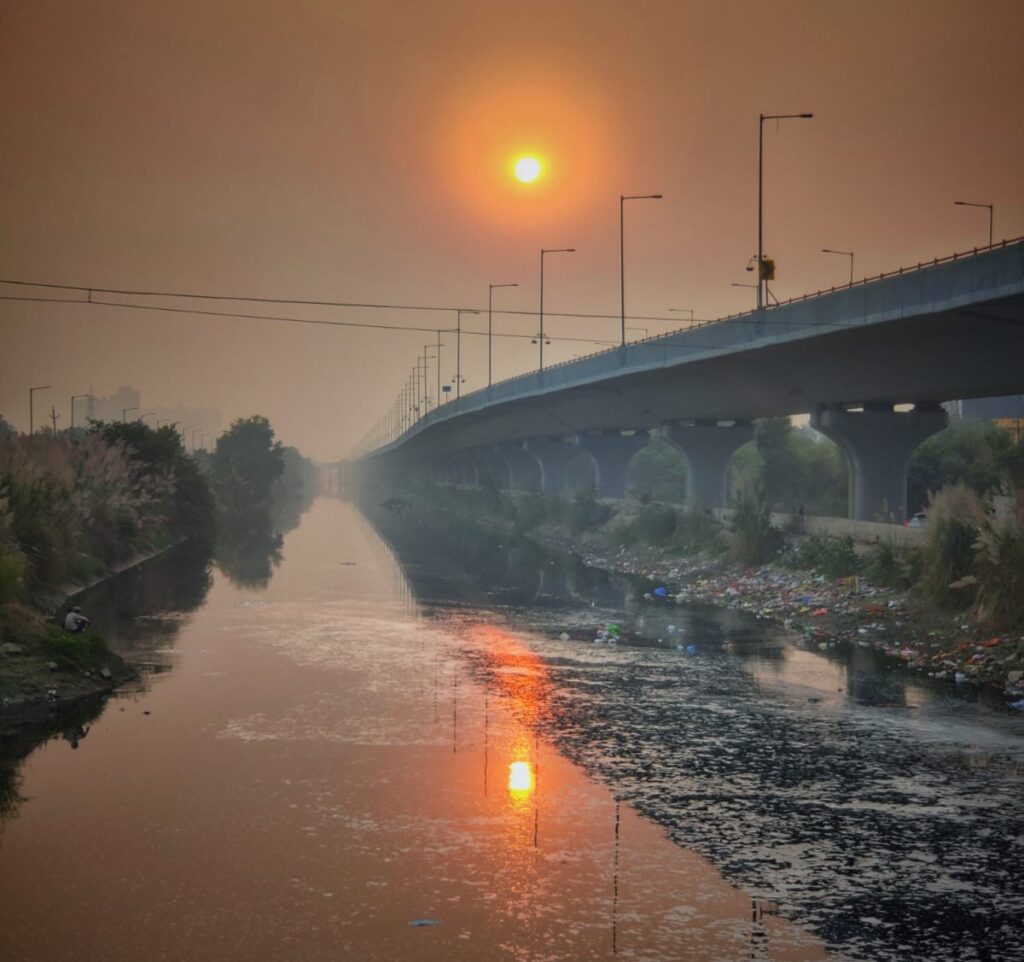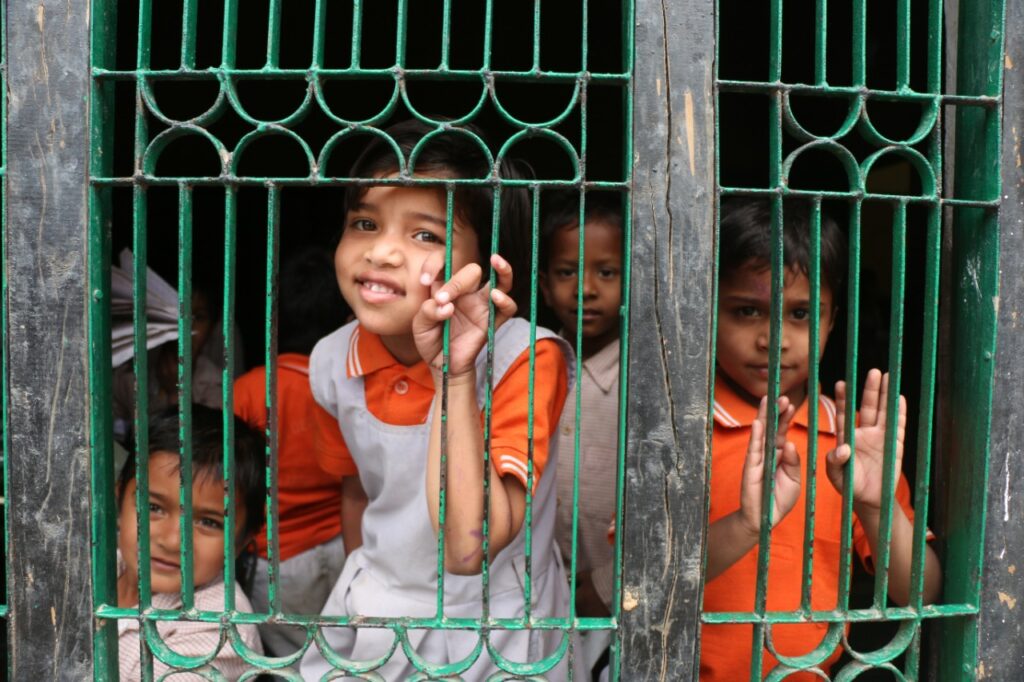The Corona Pandemic has catapulted human order towards a new kind of epoch, most often being described as “strange times” in the commonest of conversations. Indeed, there are a lot of strange things happening around the world in all spheres of life, some we understandably come to know about – a defiant Trump catching Covid-19, a domineering China and a full-fledged war between Azerbaijan and Armenia to cite a few.
There is still a lot going on, with a lot of strangeness attached to it, in some of the interest-specific areas of people’s lives – the English Premier League, an addictive dose of thrill, close to the hearts of millions of football fans across the globe – being one of them.
Just a couple of months before the 2020 Premier League season would have ended, the world came to a screeching halt in early March due to the spread of Covid-19 virus. In the world of football, Arsenal Head Coach Mikel Arteta was among the early catchers of the deadly disease. The whole of Europe, as the world sorrowfully witnessed, was right in the thick of the Corona threat and like many other things football just could not keep going.

It was a ray of hope for many at that time, who were already distressed from the restrictions put in place in view of the Covid-19 threat. In a word, it was a win-win situation for all – players got to play, fans got to watch, broadcast channels could start getting back revenue and so would the Premier League stakeholders.
But, as football without fans in attendance was strange to some (who thought it as no football at all), equally aberrated was the thrusting back of players into football without the otherwise earmarked training matches, part of the usual course of action in ideal times. While some players were able to get back to the grass, others were affected adversely with injuries.
The reaction of different clubs to the resumption of the Premier League was also mixed. The anomalous chronology of events came as a respite to some championship clubs who were happy to be promoted to the Premier League whereas others, especially, the relegation threatened clubs who secretly wished for the season to get abandoned, intrinsically despised the resumption.
Keeping with the momentum of their performance before the Covid-19 shut down, Liverpool went on to win the title after a gap of 30 years – a strange thing, again. The League ended in late July. But, more strangeness was to hit the world of football when the new Premier League season was announced from September 12.
This made matters criss-crossed as the new dates overlapped with other competitions like Europa League and Champions League which featured some of the star players. A sort of a jumble box was created which majorly disturbed the usual training schedules for some of the players to become absolutely fit for the most prestigious Premier League.

Another consequence of this mishmash is that it made the playing field even for the so-called smaller clubs in the Premier League. Going by the results so far, it seems that bottom teams are eager to take advantage of the early fitness issues of some of the bigger teams.
For instance, teams like Crystal Palace and Everton have had wonderful starts to their season which you would not normally associate with them. And top teams like Tottenham Hotspurs, Manchester United & Manchester City have had a relatively uninspiring and inauspicious beginning to their respective campaigns – strange really!
Add the ambiguity in the ‘transfer of players’ business to the above predicament and you will find that the new Covid-affected season is also mired with economic uncertainty. The massive losses in revenues have made it difficult for both big and small clubs to make their buys. There is of course hard bargains and haggling for prices of players in this Corona-affected transfer market.
Just as there seems to be no end to the COVID pandemic that is affecting all aspects of life and people get accustomed to it as a ‘new normal’, it seems the English Premier League will have to navigate its way through these trying times, even as the football institutions, players and fans try their best to reconcile to the unfolding situations.
With the new season kicking-off with some surprising outcomes early in the tournament, it seems that “strangeness” will continue to accompany the world of football as one of the unplanned themes of the season being played under the shadow of Covid-19.
The author is a sports enthusiast.



